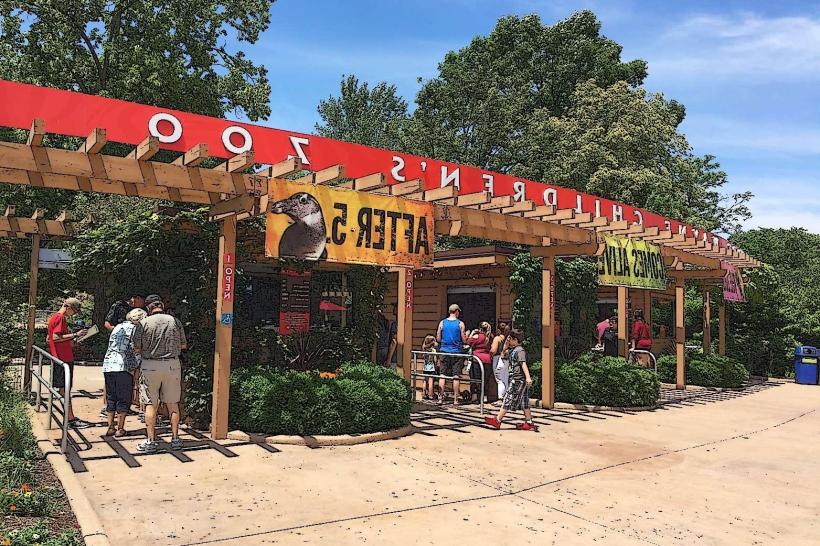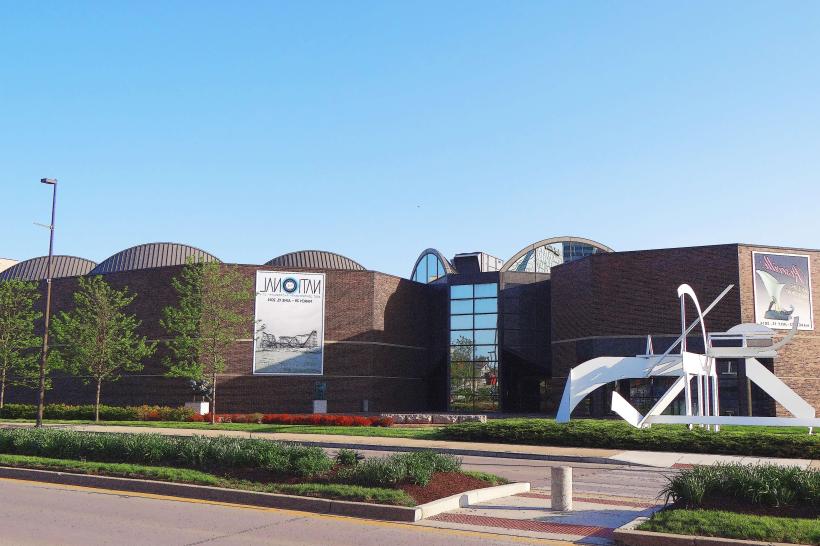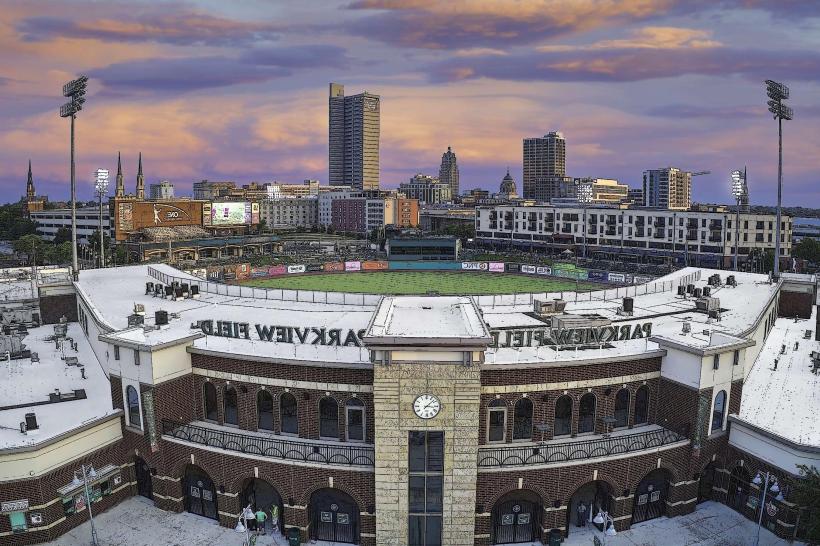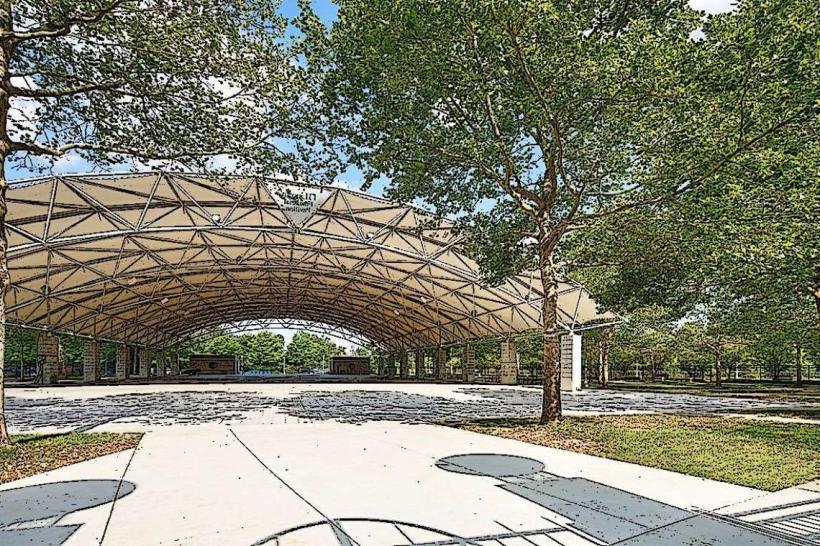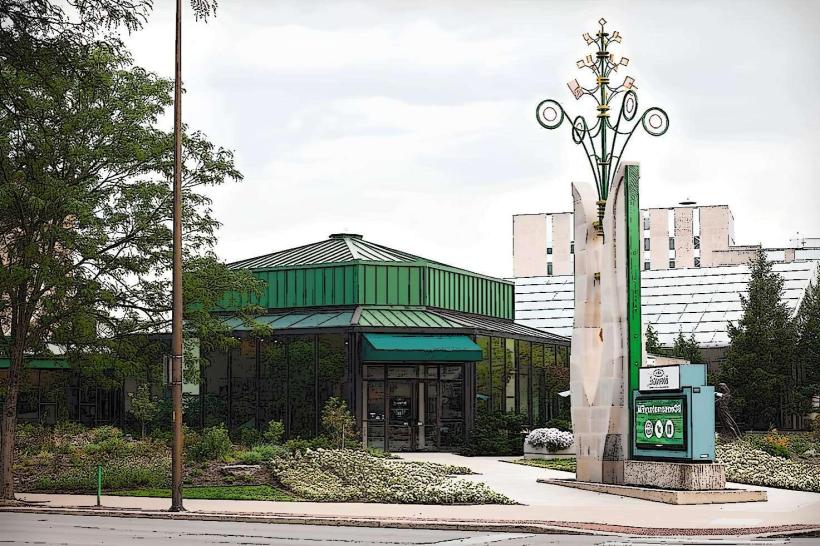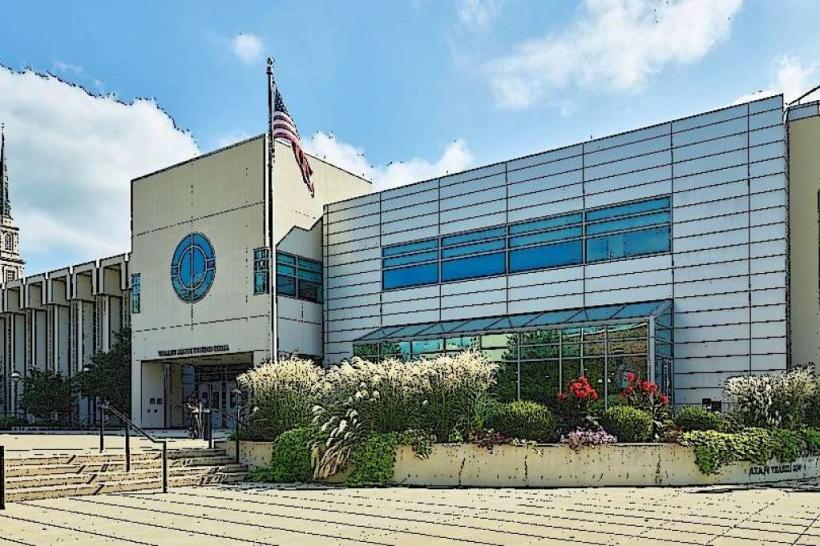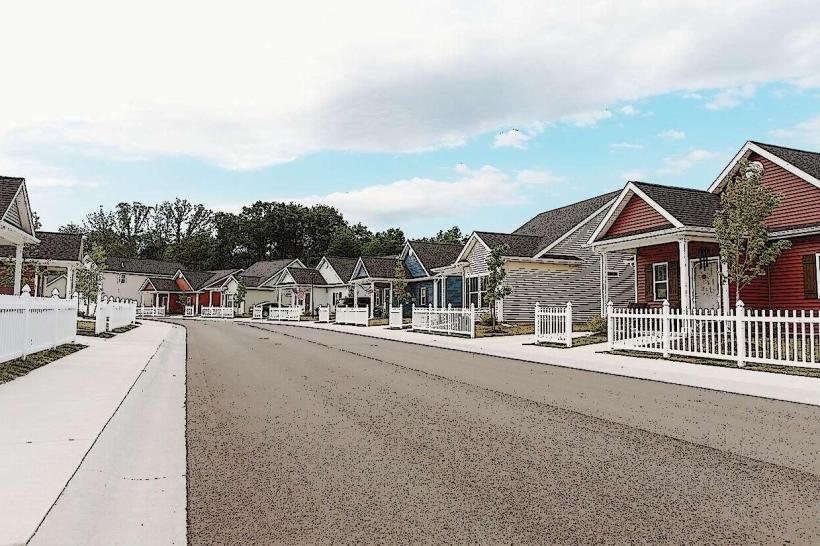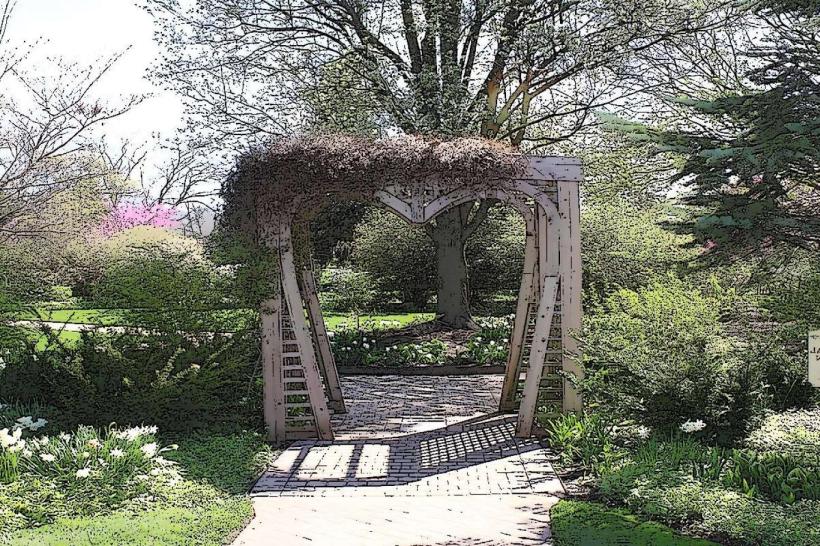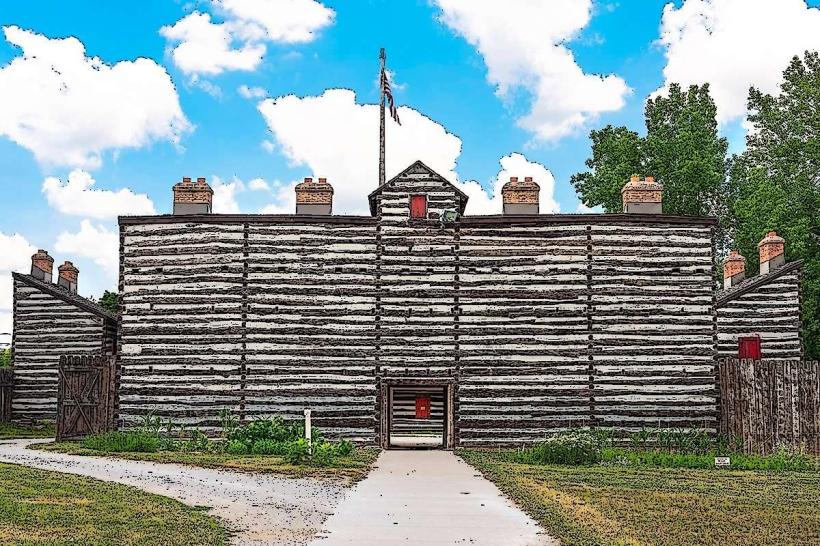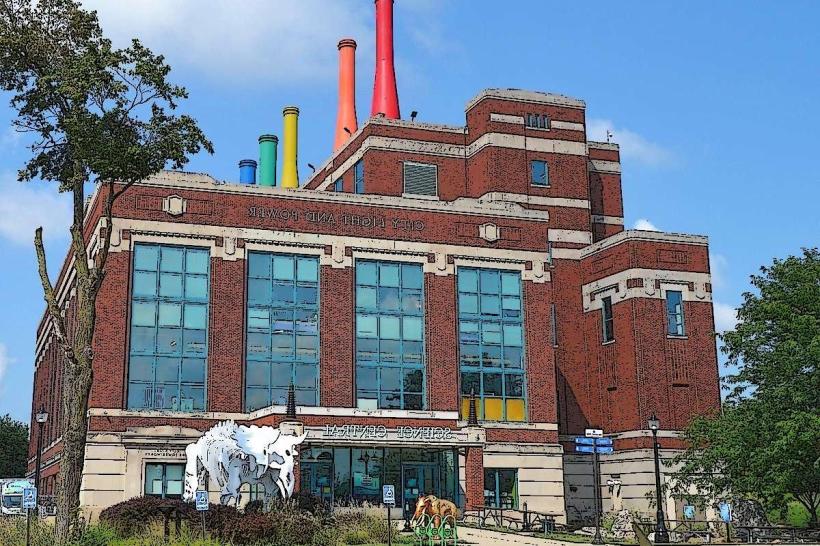Information
City: Fort WayneCountry: USA Indiana
Continent: North America
Fort Wayne, USA Indiana, North America
Fort Wayne is an independent city and the seat of Allen County, situated at the confluence of the St. Marys, St. Joseph, and Maumee Rivers in Northeastern Indiana. Known as the "Summit City," it is defined by its role as a regional defense hub, its diverse manufacturing history, and its status as a leading center for the insurance and logistics industries.
Historical Timeline
Inhabited by the Miami and Potawatomi peoples for millennia (originally called Kekionga). Primary governance eras include its 1794 founding as a strategic American fort by General Anthony Wayne and its 1840 incorporation as a city. A critical historical event was the construction of the Wabash and Erie Canal, which made the city the highest point on the route and spurred its nickname. In the 20th century, Fort Wayne became an industrial powerhouse, serving as the birthplace of the magnetic wire industry and the home of the first professional baseball game. The 21st century has been characterized by a major downtown revitalization, focusing on riverfront development and adaptive reuse projects like Electric Works.
Demographics & Population
The population is approximately 273,000. The demographics are White (66%), Black or African American (15%), Hispanic or Latino (11%), and Asian (6%). It is a diverse, growing city with a significant Burmese refugee community (one of the largest in the U.S.) and a strong working-class identity tied to regional healthcare systems and General Motors.
Urban Layout & Key Districts
Fort Wayne follows a radial and gridded layout centered on its three rivers.
Downtown: The civic and cultural core, featuring the Embassy Theatre, Parkview Field, and the newly developed Promenade Park.
West Central: A historic residential district featuring a high density of 19th-century Victorian and Greek Revival architecture.
Wells Street Corridor: A "funky" commercial district northwest of downtown known for independent retail and diverse ethnic dining.
The Landing: A historic street adjacent to the river, recently revitalized as a pedestrian-friendly hub for dining and boutique lofts.
Northwest: A major retail and suburban expansion zone, home to the Fort Wayne Children’s Zoo and large shopping centers.
Top City Landmarks
Fort Wayne Children's Zoo: Consistently ranked as one of the best in the U.S., featuring African, Indonesian, and Australian themed areas.
The Embassy Theatre: A restored 1928 vaudeville house and movie palace that anchors the downtown performing arts scene.
Historic Fort Wayne (The Old Fort): A faithful replica of the 1815 military outpost hosting live history reenactments.
Foellinger-Freimann Botanical Conservatory: An indoor tropical and desert garden complex in the heart of downtown.
Allen County Public Library: Home to the Genealogy Center, one of the largest and most comprehensive family history research collections in the world.
Promenade Park: A state-of-the-art riverfront park featuring a canopy trail, fire pits, and seasonal water activities.
Transportation Network
Movement is automotive-dependent. Public transit is serviced by Citilink (bus system). The city is a major junction for I-69 and US-30. Commercial air service is via Fort Wayne International Airport (FWA), located 13 km south. Ride-sharing is universal. Traffic density is moderate, with peak congestion occurring on the "Coliseum Boulevard" loop.
Safety & "Red Zones"
The general safety level is moderate. Property crime and vehicle-related theft in high-density areas are the primary concerns. Caution is advised at night in parts of the Southeast quadrant and specific blocks near the Oxford Street area due to higher rates of localized violent crime. There are no officially designated "red zones." Environmental hazards include moderate flood risk along the three rivers and severe winter storms.
Digital & Financial Infrastructure
Internet speeds average 500+ Mbps with fiber availability via Metronet, AT&T Fiber, and Frontier. Main mobile carriers are Verizon and AT&T. Card acceptance is universal. ATMs are concentrated in the Downtown and Coliseum retail corridors.
Climate & Air Quality
Temperatures range from -7°C to 1°C in winter and 18°C to 29°C in summer. The city experiences a humid continental climate with significant lake-effect snowfall due to its proximity to the Great Lakes. Air quality is high, benefiting from the city’s extensive park system and "Rivergreenway" trail network.
Culture & Social Norms
The standard tipping percentage is 18–25%. A handshake is the standard greeting. Dress codes are "Midwestern-Casual" or "Professional." The city is culturally defined by its "Summit City" resilience, its deep-seated German and Irish heritage, and its identity as a family-friendly regional hub with a growing focus on public art and riverfront culture.
Accommodation Zones
Downtown: Recommended for tourism, theater, and proximity to Parkview Field.
Coliseum Boulevard / North Fort Wayne: Recommended for standard national hotel chains and shopping access.
Local Cost Index
1 Espresso: $4.25 (USD)
1 Standard Lunch: $16.00 (USD)
1 Fort Wayne Children's Zoo Ticket: $18.00 (Adult).
Nearby Day Trips
Auburn, IN: (35 km north; home to the Auburn Cord Duesenberg Automobile Museum).
Shipshewana, IN: (85 km northwest; heart of Indiana’s Amish Country).
Indianapolis, IN: (200 km southwest).
Facts & Legends
Fort Wayne is the final resting place of John Chapman, better known as Johnny Appleseed. Historically, it was the site of the first night baseball game played under lights (1883). A local legend involves the "Ghost of the Embassy Theatre," rumored to be a spectral stagehand or a former performer. Another legend concerns the "Miami Gold," rumored caches of tribal wealth hidden in the riverbanks during the conflicts of the 1790s.


